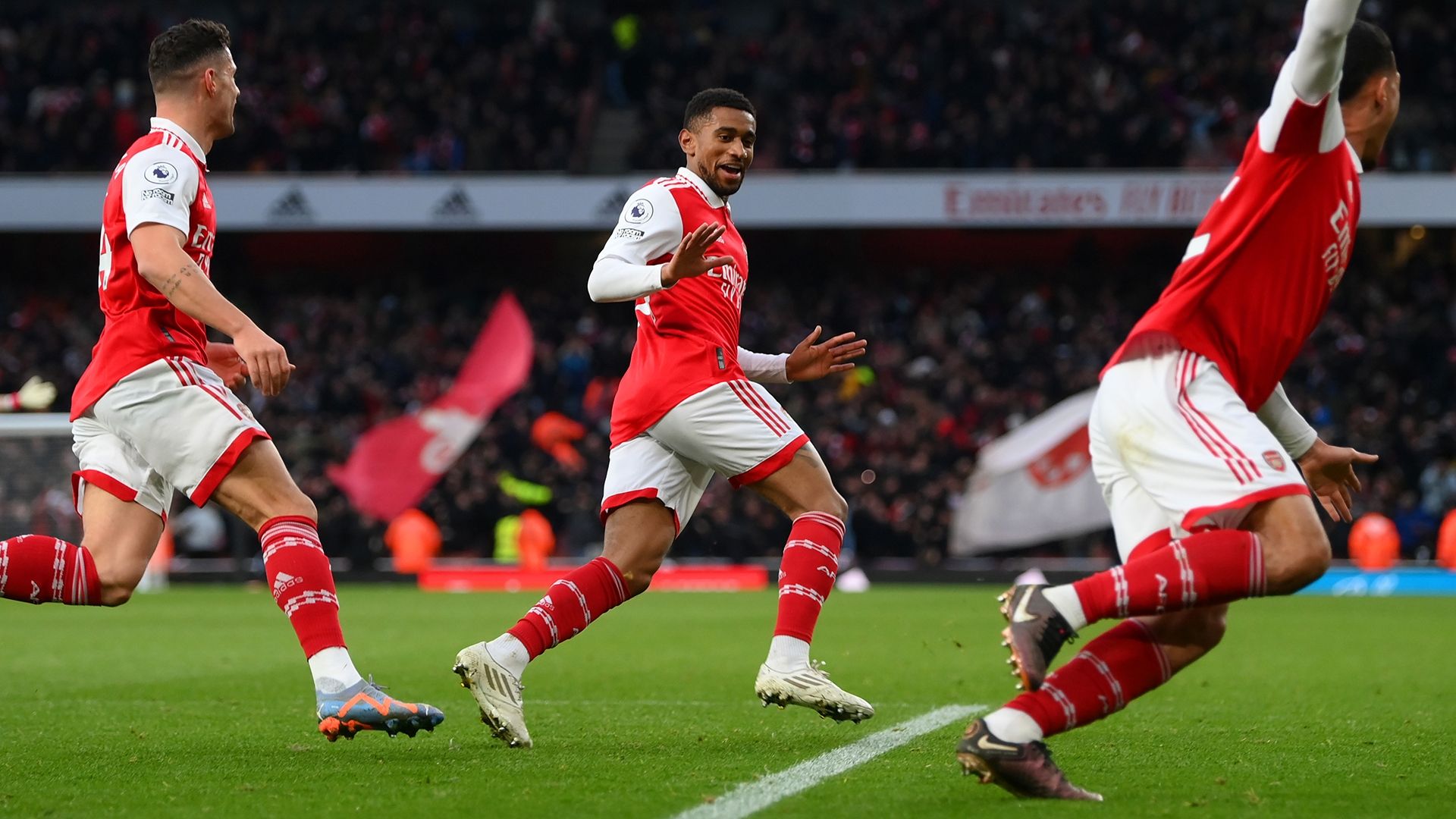In the high-octane theatre of the Premier League, where every point is a battle scar and every match a narrative, Arsenal is writing a particularly dramatic script this season. Gone are the days when a late deficit signaled inevitable defeat. Instead, a new, exhilarating pattern has emerged: the Gunners have developed a seemingly unbreakable habit of snatching victory from the jaws of a draw, or even defeat, in the dying embers of a game. This isn`t mere luck; it`s a testament to a meticulously crafted strategy, relentless belief, and a squad depth that is beginning to truly pay dividends in their pursuit of the coveted league title and Champions League glory.
The St. James` Park Crucible: A Case Study in Resilience
The recent clash at St. James` Park against Newcastle United served as a microcosm of this evolving Arsenal identity. From the first whistle, Mikel Arteta`s side asserted dominance, controlling possession and dictating tempo. Yet, football, in its infinite capacity for irony, often throws curveballs. Against the run of play, Newcastle, capitalizing on a set piece – a tactical dagger often wielded by pragmatists – found themselves 1-0 up. What followed was a familiar sight: the home side retreated, erecting a defensive fortress, inviting pressure, and attempting to run down the clock with a strategy many would consider more a testament to fortitude than flair. It was a strategy designed to frustrate, to stifle, and ultimately, to steal three points.
For nearly an hour, this stalemate persisted. Arsenal continued to knock, to probe, to generate expected goals, but the breakthrough remained elusive. The clock, that most unforgiving of adversaries, ticked relentlessly towards the final whistle, threatening to consign the Gunners to a frustrating, perhaps even damaging, defeat. But this Arsenal is different.
Beyond the Whistle: The Anatomy of a Late Comeback
What fuels this remarkable propensity for late goals? It`s a complex cocktail of factors:
- Unwavering Mental Fortitude: This team simply refuses to give up. The collective belief, fostered by Arteta, allows them to maintain intensity and focus even when prospects seem bleak. They play to the very last second, a trait that can shatter the resolve of even the most disciplined defenses.
- Peak Physical Condition: Modern football demands superhuman endurance. Arsenal`s ability to press, run, and maintain high energy levels deep into stoppage time is no accident. It speaks to a rigorous training regimen and sports science expertise that keeps their engines firing when others are flagging.
- Tactical Adjustments and Game Management: Arteta`s tactical acumen shines in these moments. Whether it`s a subtle shift in formation, a change in attacking angles, or instructions to exploit specific weaknesses, the team often finds solutions under pressure.
- The Set Piece Advantage: While often overlooked in the grand tapestry of attacking play, set pieces are critical. Arsenal`s late winner against Newcastle, a well-placed inswinging corner finding Gabriel`s head, underscored their prowess. These moments are meticulously rehearsed, turning dead-ball situations into live threats.
The Super-Subs: Arsenal`s Secret Weapon
Perhaps the most compelling argument for Arsenal`s late-game heroics lies in the potency of their bench. The contributions of players like Gabriel Martinelli, Leandro Trossard, and the match-winning impact of Mikel Merino and Martin Odegaard off the bench against Newcastle, illustrate this point vividly. This isn`t merely about having good players; it`s about having high-impact players who can come on and immediately shift the dynamic of a game. This tactical luxury is a direct consequence of a deliberate and, dare we say, rather expensive transfer strategy over recent years.
“To be able to bring on players who can instantly inject pace, creativity, or a clinical touch when the opposition is tiring is an invaluable asset. It’s a chess game, and Arteta often plays his best pieces in the endgame.”
Gone are the days when substitutes were seen as merely `resting` starters. For Arsenal, the bench is an extension of their attacking arsenal, capable of producing moments of individual brilliance or providing the crucial assist that unlocks a stubborn defense.
Implications for the Title Race and Beyond
This emerging pattern of dramatic wins carries significant weight. In a league as tight as the Premier League, where margins are razor-thin, every point gained in such circumstances feels like a psychological blow to rivals. It puts Arsenal just two points behind current leaders Liverpool, despite the Reds` recent stumble. More importantly, it signals a maturity and a steeliness that was perhaps lacking in previous campaigns.
While questions about the consistent output of some first-choice attacking units persist – as is natural in any demanding season – Arsenal`s ability to find alternative routes to victory, especially when the clock is against them, is a powerful statement of intent. It suggests that even when their primary attacking weapons aren`t firing on all cylinders, there`s a collective will and a tactical depth to prevail.
Conclusion: A Force to be Reckoned With
Arsenal`s late-game heroics are more than just exciting football; they are a clear indicator of a team that has found its identity. Under Mikel Arteta, they are not just playing attractive football; they are playing effective, resilient, and ultimately, winning football. As the season progresses and the pressure mounts, this newfound habit of scoring when it matters most will undoubtedly be a defining characteristic of their title charge. The narrative is building, and for fans of the Gunners, the drama of the eleventh hour has become less a cause for anxiety and more a reason for optimistic anticipation.

